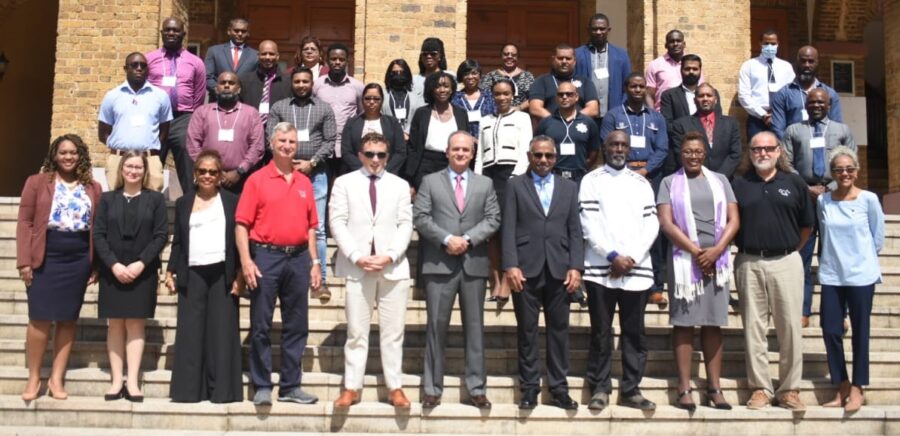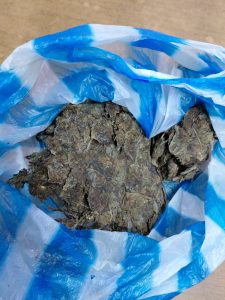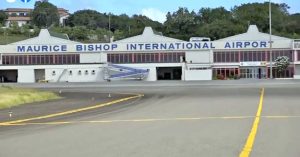By Chantalé Fletcher
TWENTY-EIGHT members across various protective services in Trinidad and Tobago began training for the detection and identification of synthetic drugs, new psychoactive substance (NPS) and their precursor chemicals on Monday.
A release from the Ministry of National Security stated that the seminar began at the Caribbean Counterdrug Intelligence Training School at the T&T Police Academy, St James.
Training began on Monday and was expected to end on August 26. Its hosted within the framework of activities of the Caribbean Counterdrug Intelligence Training School (CCITS), the release stated.
The initiative was a collaborative effort of the National Drug Council of the Ministry of National Security and the Inter-American Drug Abuse Control Commission of the Organization of American States (CICAD/OAS).
Participants will receive training on multiple topics, including an overview of how synthetic drugs and NPSs are illicitly produced (especially methamphetamine, MDMA and synthetic opioids, such as fentanyl and its analogues).
The activity will also encompass recent drug trafficking trends and market developments, as well as the main techniques and challenges to investigate and interdict them.
Participating agencies include officers attached to the Trinidad and Tobago Fire Service (TTFS); Trinidad and Tobago Forensic Science Centre (TTFSC); Trinidad and Tobago Police Service (TTPS); Ministry of Health; Trinidad and Tobago Defence Force (TTDF); Trinidad and Tobago Prison Service (TTPrS); Airports Authority of Trinidad and Tobago; the Trinidad and Tobago Port Authority; the Transnational Organized Crime Unit (TOCU); the National Security Council, Integrated Threat Assessment Centre (ITAC); and the Custom and Excise Division.
At the opening ceremony, National Security Permanent Secretary Gary Joseph welcomed visiting lecturers and coordinators to T&T and thanked them for the much-needed training programme for the officers.
Joseph said the ministry saw this initiative as a capacity-building tool for the various agencies and organisations so that they can better identify and cope with existing and emerging transnational drug challenges.
He noted the importance of this training to officers who many encounter these substances while carrying out their duties on a daily basis.
![]()













